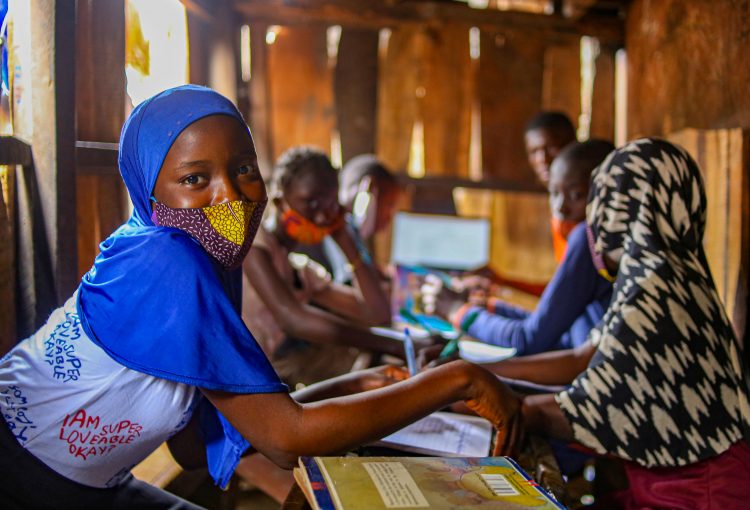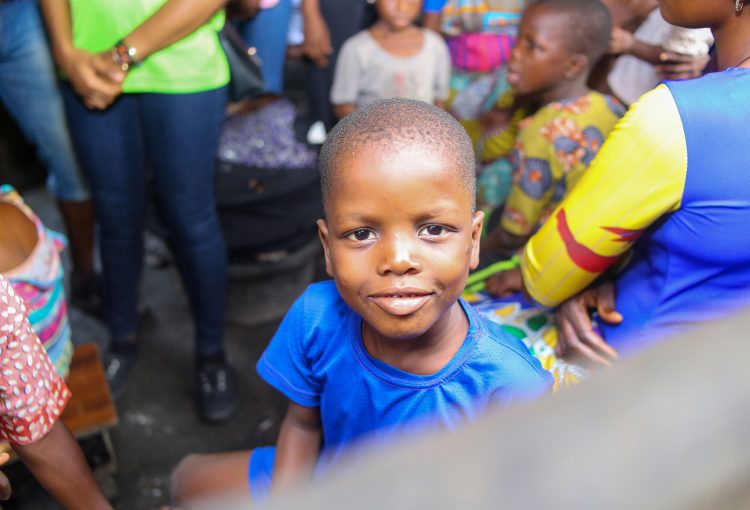November 20th marks the internationally celebrated Universal Children’s Day, a celebration that began more than 60 years ago in 1954. This observance, set aside by the United Nations, gives us the opportunity to celebrate the togetherness of children and their right to basic welfare. The theme of this year’s celebration is “Investing in our future means investing in our children.”
The Universal Children’s Day celebration has marked a significant milestone in the field of child welfare, a day in which the UN General assembly implemented the declaration and convention of children’s rights. These rights and conventions include the right to be protected from any form of violence and discrimination as well as a right to education, life, and health.
Out-of-school children in Nigeria
In 2019, the number of out-of-school children in Nigeria stood well over 16 million, in 2020 more than 10 million children will be added to that number due to the unprecedented COVID-19 pandemic. Those most hit by the consequences of the pandemic were those from low-income families, exposing the grievous education divide in Nigeria.
As children in rural and underserved communities across Nigeria halted school due to lack of resources, children from privileged families swiftly moved to online classes and learning. For the families that earn less than $1 per, the reality of staying at home is the loss of an academic year, dropping out-of-school permanently to earn a living, and a renewed cycle of poverty brought on by the harsh economy.
In celebrating Universal Children’s Day, we recognize, that education is an important tool that can be used to empower a generation, an economy, a nation. Education is a strong tool for economic advancement, when a society produces educated citizens, they contribute to the field of science, technology, science, and literature.
Out-of-school Children and Child Marriage in Nigeria
According to UNICEF, Nigeria ranks 11th on the prevalence of child marriage worldwide and ranks 3rd for the highest number of child brides in the world. This occurrence happens mostly in the North West (68%) and North East (57%) of Nigeria where most of the child brides are married off before their 18th birthday.
This pervasive culture is brought on by illiteracy, and in some cases political and economic selfishness of parents to increase alliance with rich families. In some other contexts, unreasonable gender norms contribute to the number of out-of-school children in Nigeria, which views the girl child as unequal to the other sex, and most


